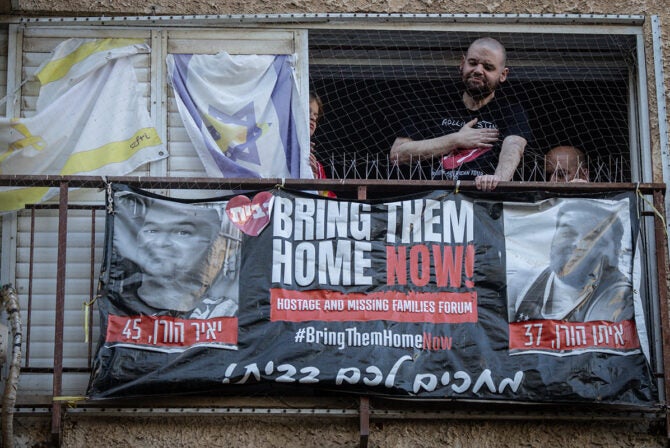If you’re a traditional Jewish mother like me, or even if you’re not, you will likely log a boatload of hours preparing for Pesach – shopping, cleaning, cooking, and serving. Yet when we sit down at the Seder, the Hagaddah is nearly all male-driven: We read about Abraham, Nachor, the rabbis of Bnei Brak, Moses and his brother Aaron, Yaakov and his deceitful father-in-law Laban, and of course the evil Pharaoh himself.
It’s easy to ask: Where are the women?
Well, here are five of them, brave heroines against tyranny, without whom the Pesach redemption would not have happened in the way that it did. The Talmud states (Sota, 11B), “By merit of the righteous women of that generation, Israel was redeemed from Egypt.”
Let’s give them their due by celebrating them on Seder night.
Yocheved — Moses’ mother was willing to have a child in the face of a death decree against every Jewish newborn boy. She hid her preemie son from the Egyptians — forerunners of the Nazis – having crafted a water-tight basket for him and placed him in the Nile. Who can imagine her agony and her faith, praying that her precious son would survive? Could she have had the least spiritual hint that this child would survive and change Jewish destiny?
Miriam — Moses’ sister is at least partly responsible for her brother’s birth. She was a prophetess, and knew that there was a special role for a future brother. As a little girl, Miriam challenged her father, Amram, who planned to divorce his wife in order to prevent having future children who might be killed by the Egyptians. Miriam famously argued, “Father, your decree is worse than Pharoah’s. He only decreed against the boys, but you are decreeing against the girls, too.” And it was Miriam who stood openly by the Nile, watching the fate of her baby brother as he floated in the river. Miriam was there to seize the initiative and offer to get a Jewish midwife (her own mother) when Pharoah’s daughter rescued her baby brother.
Shifra and Puah – These midwives defied the death sentences against newborn Jewish boys by attending the births, saving innumerable lives. Who were these mysterious women? Some commentators believe they were none other than Yocheved and Miriam. In Hebrew they are called “Hamayaldot Ha’Ivrot, which could mean either “the Jewish midwives” or “the midwives to the Jews.” Whoever they were, thesewomen were among the earliest practitioners of civil disobedience.
Batya — Pharoah’s daughter daringly chose to rescue a Jewish child and raise him in the palace, right under the cruel tyrant’s nose. What an amazing act of moral beauty and bravery. She named her adopted son “Moses,” an Egyptian name that means “child,” and that is the name he kept.
These heroic women are not part of the Hagaddah narrative, so it’s easy to accuse the Hagaddah of sexism. But the Hagaddah was compiled thousands of years ago, when it wasn’t “done” to publicize the roles of women, no matter how crucial their impact. Understanding that historical context, it is less about sexism than it is about how history was treated in the ancient world. In fact, even Moses himself barely makes an appearance, and has only one speaking role in the entire narrative. Second, the focus of the Hagaddah is on the redemption of the Jewish people — individually and as a nation. The individuals mentioned are only tools.
Yet these women were behind one of the greatest stories ever told in history. And as it says, “Whoever elaborates on the story of the Exodus deserves praise.” Add color and depth to your seder by remembering and discussing the contributions and bravery of these amazing, history-changing women.







